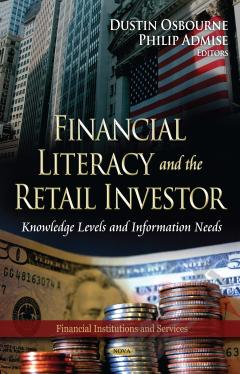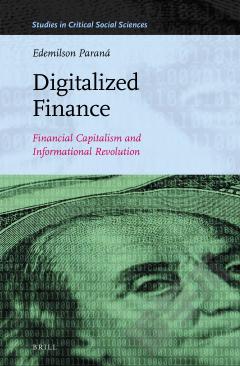Financial Literacy and the Retail Investor: Knowledge Levels and Information Needs
This book assesses the financial literacy of retail investors in the United States. Literacy involves the "ability and confidence to effectively apply or use knowledge related to personal finance concepts and products." Investor knowledge is particularly important in an age in which retirement programs in the United States have moved from defined-benefit plans, in which the employer bears investment responsibility, to defined-contribution plans, in which the responsibility has shifted to employees. If employees do not have the requisite knowledge, they will not be prepared to make informed decisions regarding the management of their financial affairs, including investing for a secure retirement. Studies have found that American investors repeatedly do not understand the most basic financial concepts, such as compound interest and inflation; the meaning of stocks and bonds; the role of interest rates in the pricing of securities; the function of the stock market; and the value of portfolio diversification, among others.
{{comment.content}}








 京公网安备 11010802027623号
京公网安备 11010802027623号